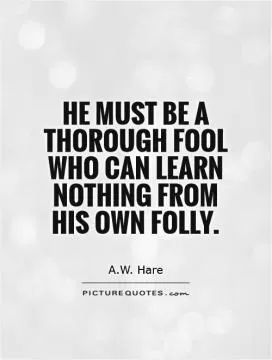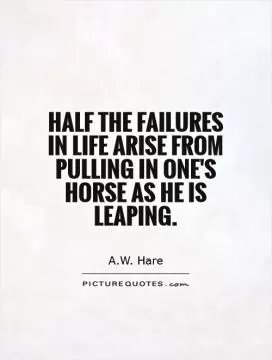The greatest truths are the simplest: and so are the greatest men

The greatest truths are the simplest: and so are the greatest men
In the world of Aesop's fables, there is a story about a hare who boasts about his speed and agility to the other animals in the forest. He constantly brags about how he can outrun anyone and is the fastest creature around. One day, a tortoise overhears the hare's boasting and challenges him to a race. The hare, feeling confident in his abilities, agrees to the challenge.As the race begins, the hare quickly takes the lead, leaving the tortoise far behind. However, the hare becomes overconfident and decides to take a nap under a tree, thinking he has plenty of time to rest before the tortoise catches up. Meanwhile, the tortoise continues to plod along at a steady pace, never stopping or slowing down.
When the hare wakes up from his nap, he is shocked to see the tortoise nearing the finish line. He quickly tries to catch up, but it is too late. The tortoise crosses the finish line first, winning the race. The hare is humiliated and learns a valuable lesson about the importance of humility and perseverance.
This fable illustrates the idea that the greatest truths are often the simplest. The moral of the story is clear: slow and steady wins the race. The hare, with all his speed and agility, was ultimately defeated by the tortoise's determination and consistency. In the end, it was not the hare's flashy abilities that mattered, but the tortoise's unwavering commitment to reaching the goal.
Similarly, the greatest men are often those who embody simple virtues such as humility, perseverance, and integrity. They do not need to boast about their accomplishments or show off their talents. Instead, they let their actions speak for themselves and earn the respect and admiration of others through their character and deeds.












 Friendship Quotes
Friendship Quotes Love Quotes
Love Quotes Life Quotes
Life Quotes Funny Quotes
Funny Quotes Motivational Quotes
Motivational Quotes Inspirational Quotes
Inspirational Quotes